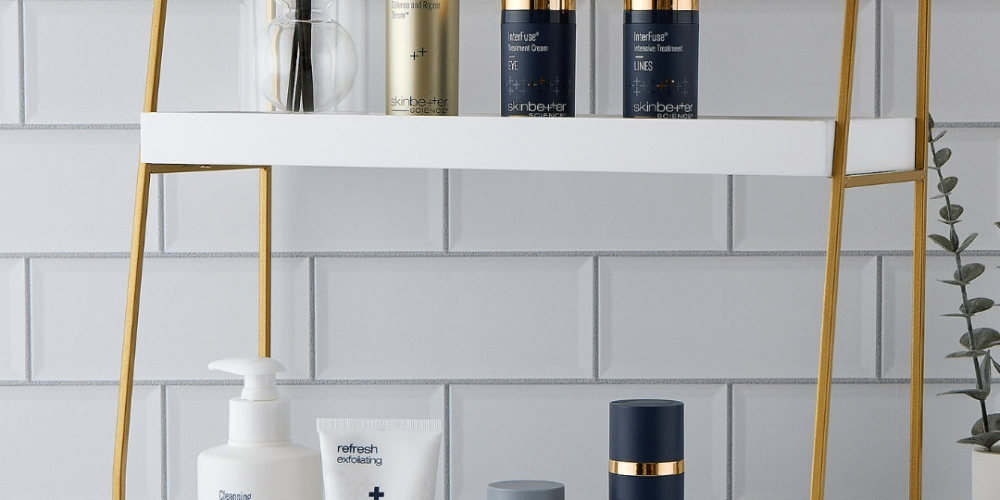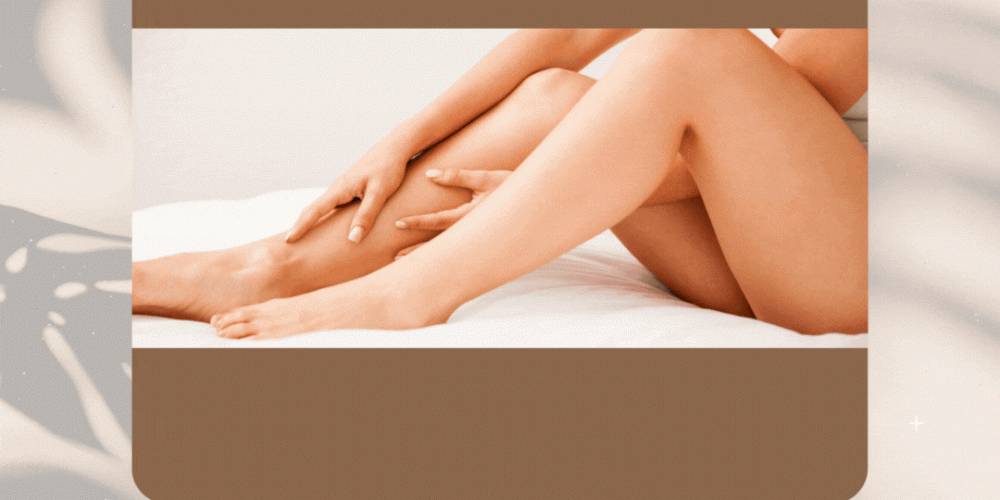Just as you’d study before taking an exam at school, learning a few facts about skin cancer Chicago prevention before the summer season starts helps you pass your annual skin-cancer examination with flying colors.
Our expert dermatologists at SkinMD — with four convenient locations in the greater Chicago area — provide this easy Q&A test and study guide so that you can learn the facts about protecting your skin.
Does sun-tanning or having dark skin protect you from skin cancer?
No. If you think that getting a suntan gives you a protective layer that guards against the sun’s rays, or that you can’t get skin cancer because your skin is naturally dark, think again.
A suntan isn’t protective and is actually a sign that the sun has already damaged your skin. And although dark skin doesn’t burn as easily as lighter skin, it still gets damaged by the sun’s ultraviolet (UV) A and B rays.
No matter how dark your skin, always wear sunscreen. Choose one with a sun protection factor (SPF) of at least 30.
Do you have to reapply sunscreen after you first put it on?
Yes. Sunscreen’s effectiveness wears off pretty quickly. Reapply every two hours, after you go swimming, or after you sweat.
Is sunscreen enough to protect your skin when outdoors?
No. Sunscreen is essential, but it’s not enough to completely protect your skin.
Wear a wide-brimmed hat to keep sun off your face and neck and sunglasses to protect your eyes. Give yourself extra shade by staying under an umbrella or trees, and wearing a lightweight cover-up or shirt.
If you’re prone to skin cancer or have family members who’ve had it, you may also want to look into clothing that has an SPF woven into the fabric. It’s great for swimsuits and wetsuits, too.
Can you get a sunburn or sun damage on a cloudy day?
Yes. Even when the sun doesn’t seem to shine, its UV rays are diffused through clouds and can be reflected back on you by white surfaces, such as sidewalks, sand, or snow. You can get a bad burn or serious skin damage if you don’t use a sunscreen on cloudy days.
Can you get a sunburn or skin damage when you’re inside a house, car, or office?
Yes. Even if you spend most of your day indoors, you could still get sun damage and even a sunburn. The glass in house and office windows and most of the windows in cars, too, offer no protection from the sun. Put on sunscreen before you drive or if you work or live in a sunny office or home.
How often should you get a skin exam?
Do a skin self-exam monthly and get a professional skin-cancer screening at SkinMD at least once per year.
When you do a skin self-exam, do you just check sun-exposed areas?
No. Although sun damage is responsible for 90% of nonmelanoma and 85% of melanoma cases of skin cancer, some skin cancer is genetic. Skin cancers can appear on any area of your body — including those that never see the light of day.
When you do your monthly skin exam, check out-of-the-way spots, such as:
- Your scalp
- Between your toes and fingers
- Your genitals
- Behind and on top of your ears
- The palms of your hand
- Your fingernails and toenails
- The soles of your feet
You can use a mirror or get a friend or family member to help you examine hard-to-see areas.
Do you have to check your moles for skin cancer changes?
Yes. When you’re doing your self-exam, look for any new lesions or wounds that don’t heal. They could be early signs of skin cancer. Also examine your moles and see if they exhibit any of the following ABCDE changes of skin cancer:
- Asymmetry (halves of the lesion don’t match)
- Borders (borders are ragged, scalloped, or notched)
- Color (different colors or shades in one lesion)
- Diameter (larger than a pencil eraser)
- Evolving (lesion changes shape or grows bigger)
If you haven’t had skin cancer yet, does that mean you’ll never get it?
No. Your risk for skin cancer increases as you age. Add a dermatologist to your health care team so any skin cancers can be caught and treated early.
Can skin cancer be cured?
Yes. In most cases, Skin Cancer in Chicago that’s detected early enough can be cured. At SkinMD, our founder, Dr. Kenneth Bielinski, established one of the first office-based surgical facilities in the Chicago area to offer specialized Mohs surgery. Mohs surgery cures up to 99% of skin cancers.
To have a suspicious mole examined or to set up a skin-cancer screening, contact us today. You can call our office or use the online form.



